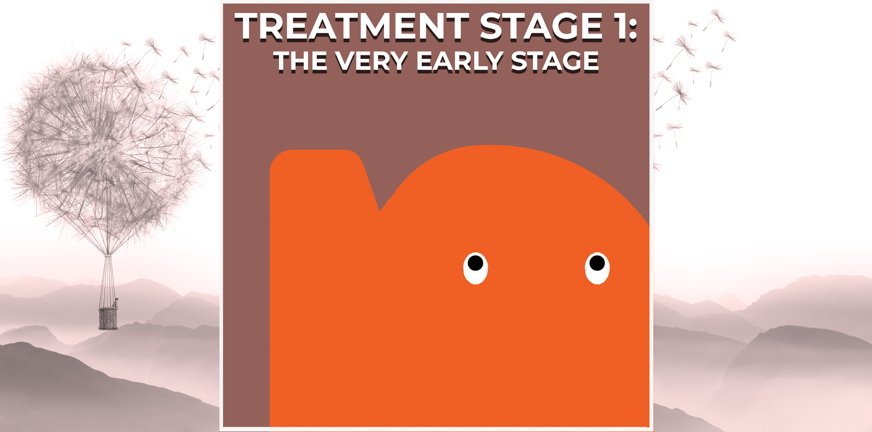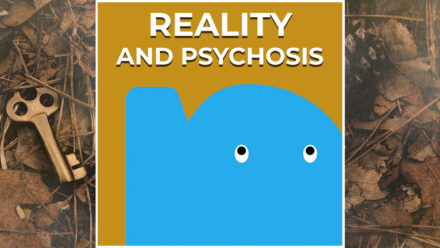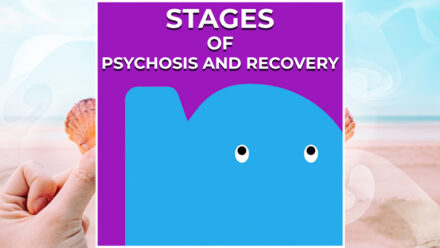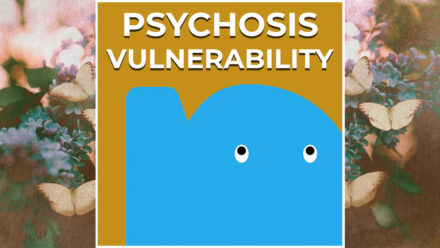
In the very early, prodromal stages of psychosis, care providers provide non-specific supportive treatments and information. They can tell you what is going on, that it can lead to various outcomes and you thus don’t have to panic. It is important to know these things during this stage.
Education about mental conditions is as also called psycho-education. In the early stage of psychosis, psycho-education combined with keeping an eye on things, is usually enough.
Sometimes the psycho-education is primarily about aspects of mood swings (a tendency to feel either manic or depressed), or it can be about the early symptoms of psychosis (suspiciousness, hearing voices and other extraordinary experiences).
Watch out for triggers
It is also important to find out what the triggers are that could lead to a full-blown mental crisis. There often is a direct reason why someone becomes anxious or confused. Dynamics on a deeper level also play a part, such as childhood trauma or unsolved emotional problems. It is important to start recognising these triggers and learn how to prevent further loss of balance. Getting enough sleep, for instance, is an important point of attention for a lot of people.
Be careful with medication
Therapists are reserved when it comes to antipsychotics in the early, prodromal stage of psychosis. The same goes for medication that regulate mood swings, although an antidepressant is sometimes used. The problem with all medication in the early stage is: taking them is easy, but when and how are you going to stop? Antipsychotics can also make any motivational problems worse.
Psychotherapy
If treatment is needed in the very earliest prodromal stage, psychotherapy is an option. This kind of therapy will be focused on learning to deal with subthreshold, attenuated experience of suspicion, hearing voices, the impression that the world around you is strange and threatening, depressive moods and possible drug use.
Monitoring your experiences
It is important to gather useful information about your experiences and problems, so you can learn to understand your own feelings and experiences. You could keep track of your experiences in a diary or an app such as Psymate. This provides a wealth of insights that you can discuss with your care worker. It also empowers you in your treatment.




